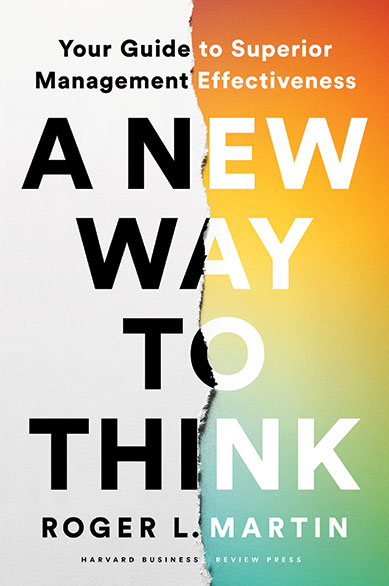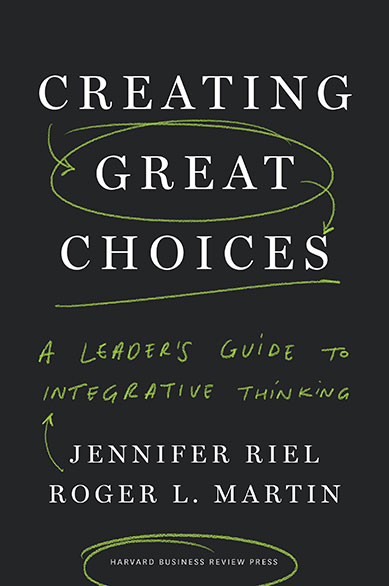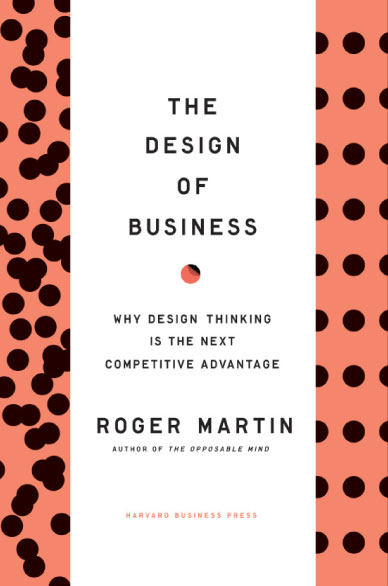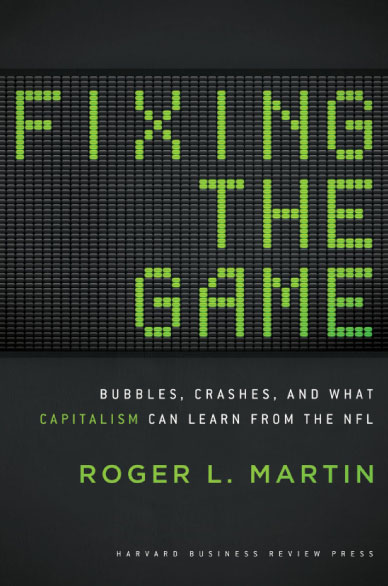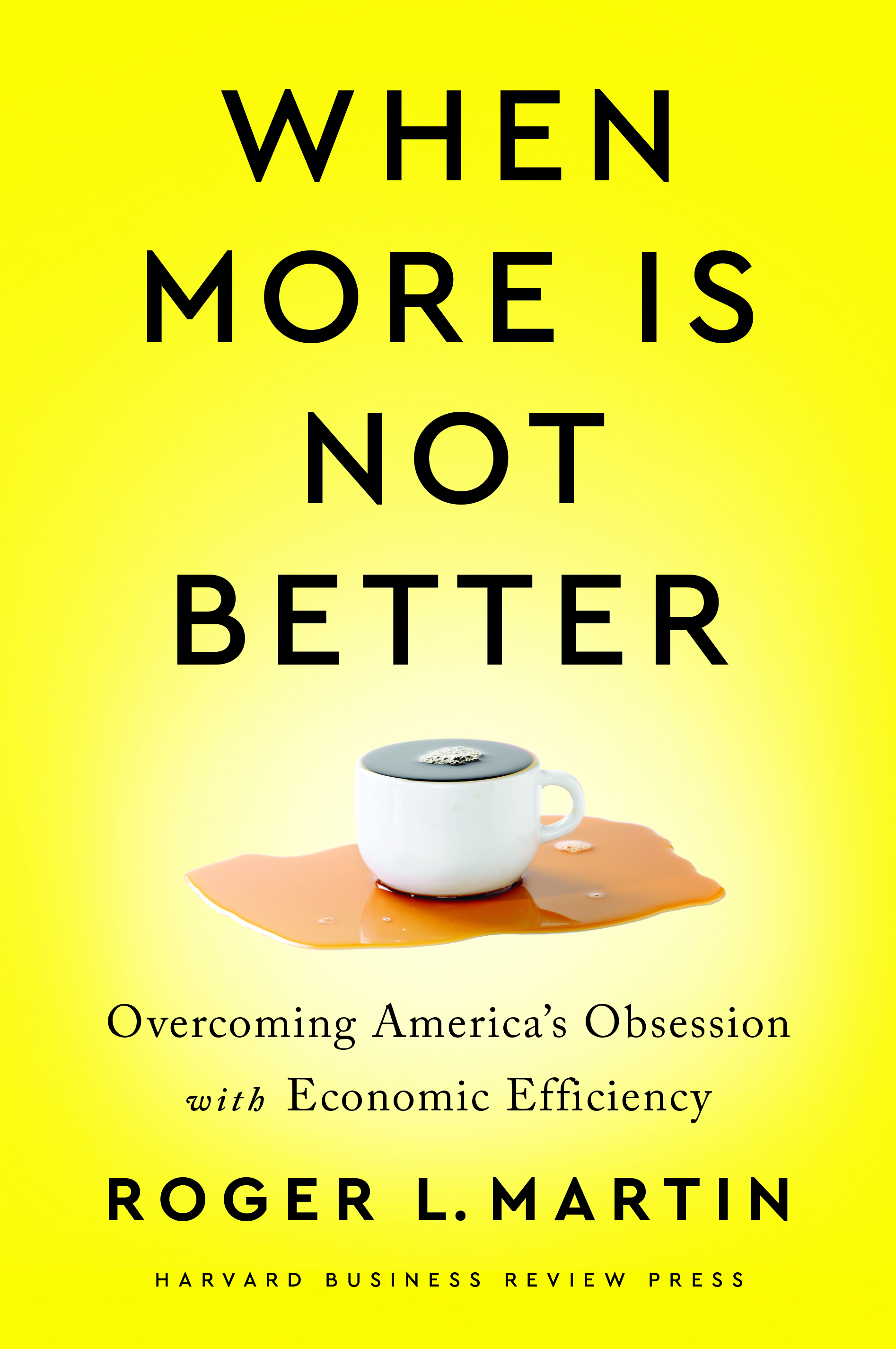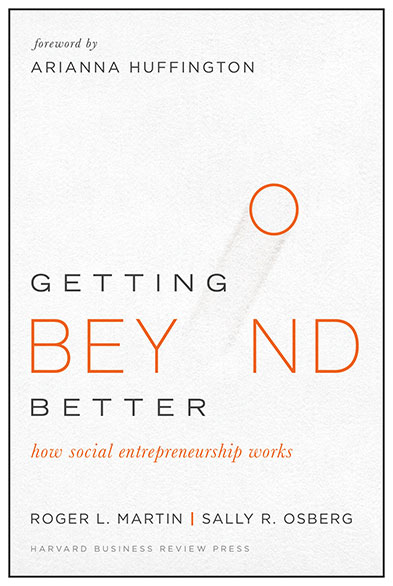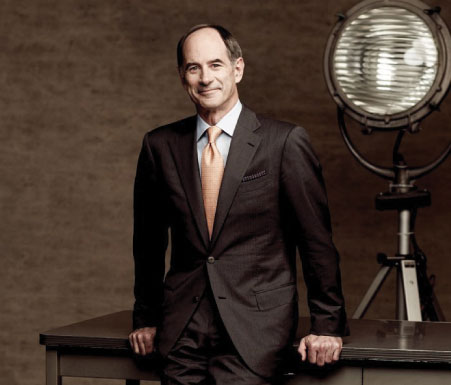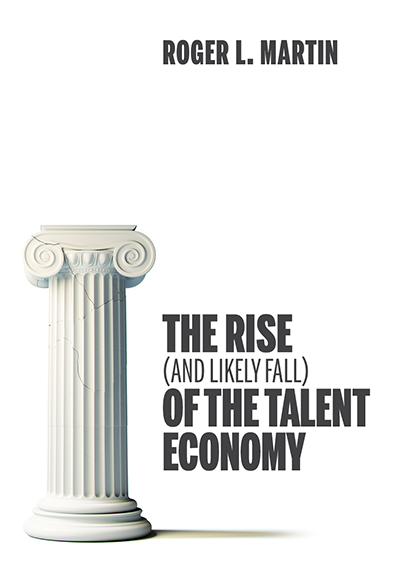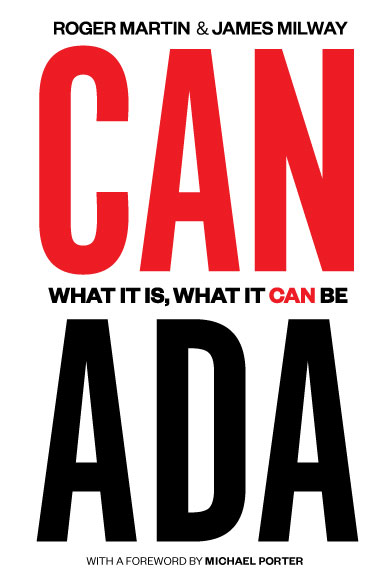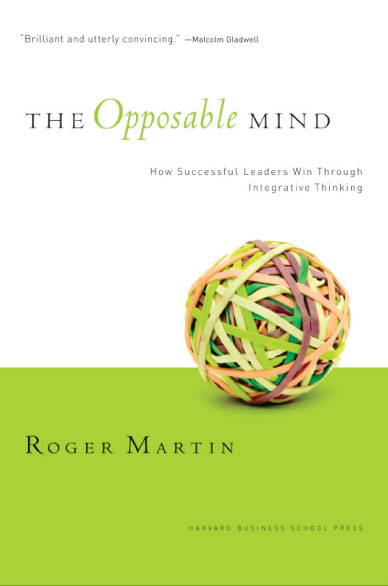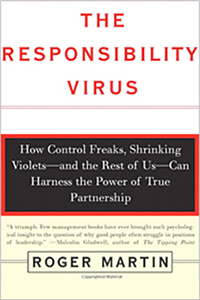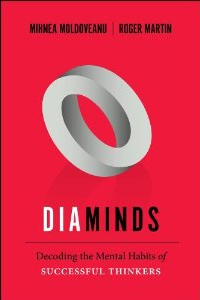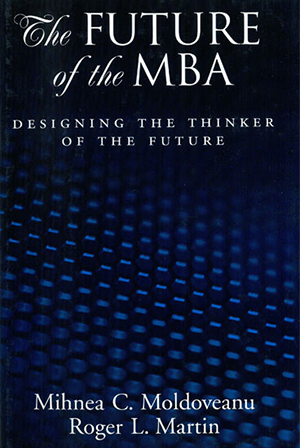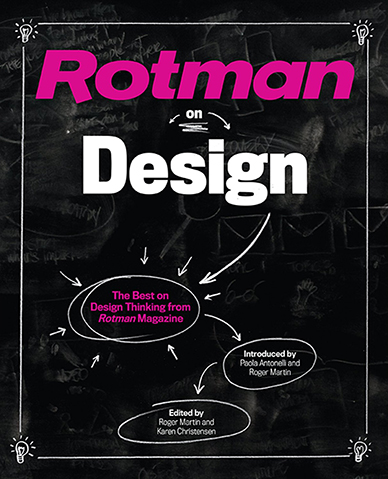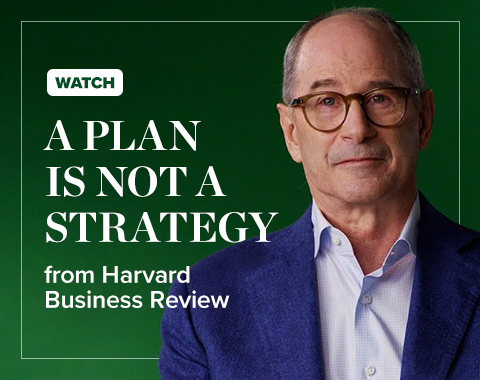Co-Authored with Mihnea C. Moldoveanu
The MBA is probably the hottest ticket among the current university graduate degree offerings—every year, more than 120,000 students enroll in MBA programs in the United States, and the estimates in Europe do not lag far behind. In addition, job prospects have never looked better for business school graduates; corporations are hiring more business school graduates every year, and compensating them more handsomely.
The Future of the MBA provides a sorely needed detailed and systematic review of the major contemporary debates on management education. At the same time, it makes a striking new proposal that will certainly have an impact in business schools: that managers need to develop a series of qualitative tacit skills which could be appropriately developed by integrative curricula brought from different disciplines, including sociology, philosophy, and other social sciences. Moldoveanu and Martin, both involved in the greatly respected integrative business education program at the Rotheman School of Management, provide a guide on how to design a reliable integrated program for management students. One of the main assets of the book is that it relies not just on speculative thinking, but on real life experience, and that it also includes case studies that will appeal to practicing managers. As an authoritative reference on MBA education, it will appeal to faculty and staff of business schools, as well as students in related fields like education and public policy.
FORMAT: Hard Cover
PUBLISHER: Oxford University Press, USA
PUBLISH DATE: April 2008
ISBN: 0195340140
PAGES: 160
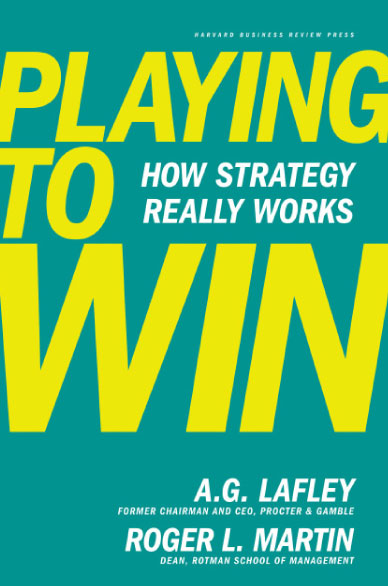 Buy the book
Book roger to speak
Buy the book
Book roger to speak

